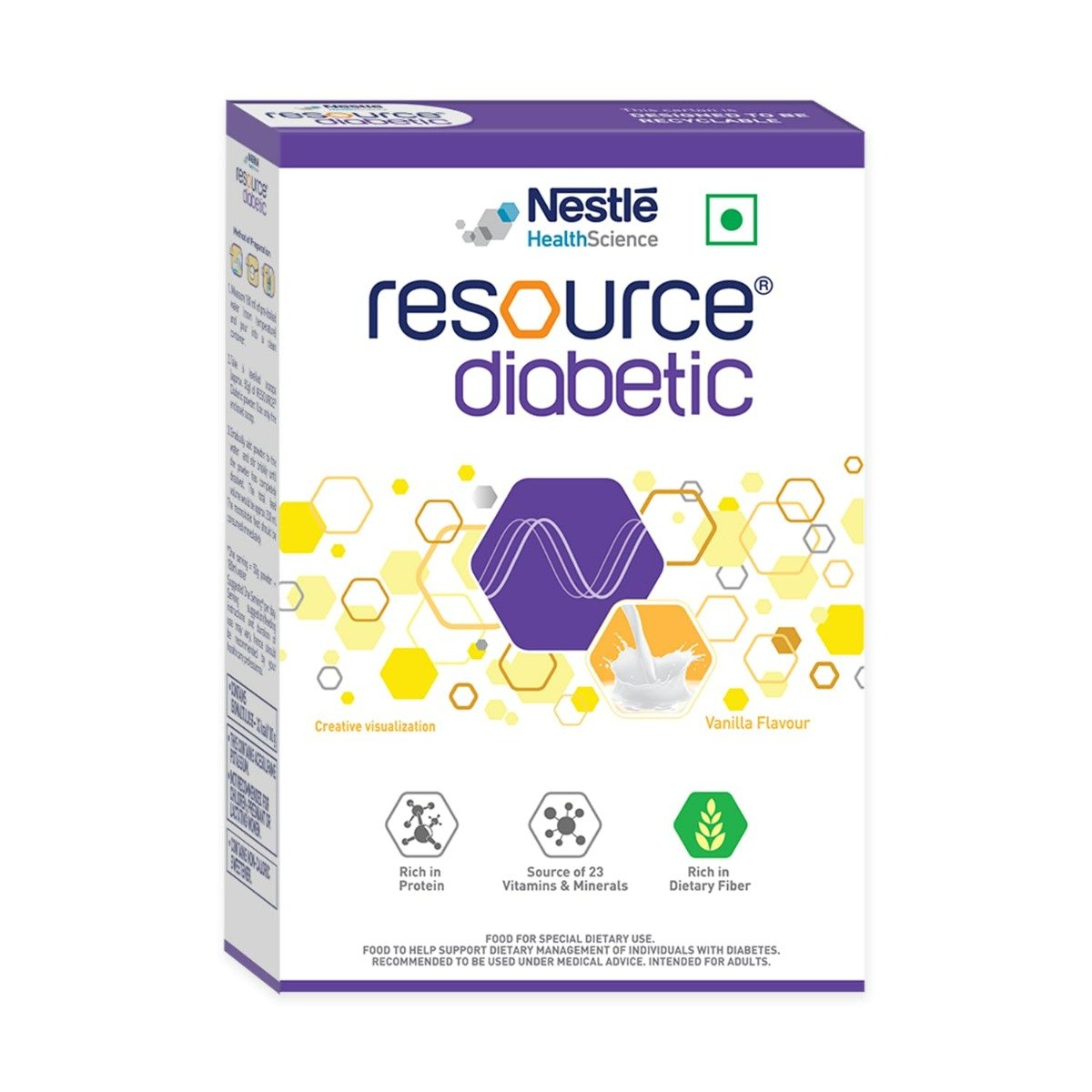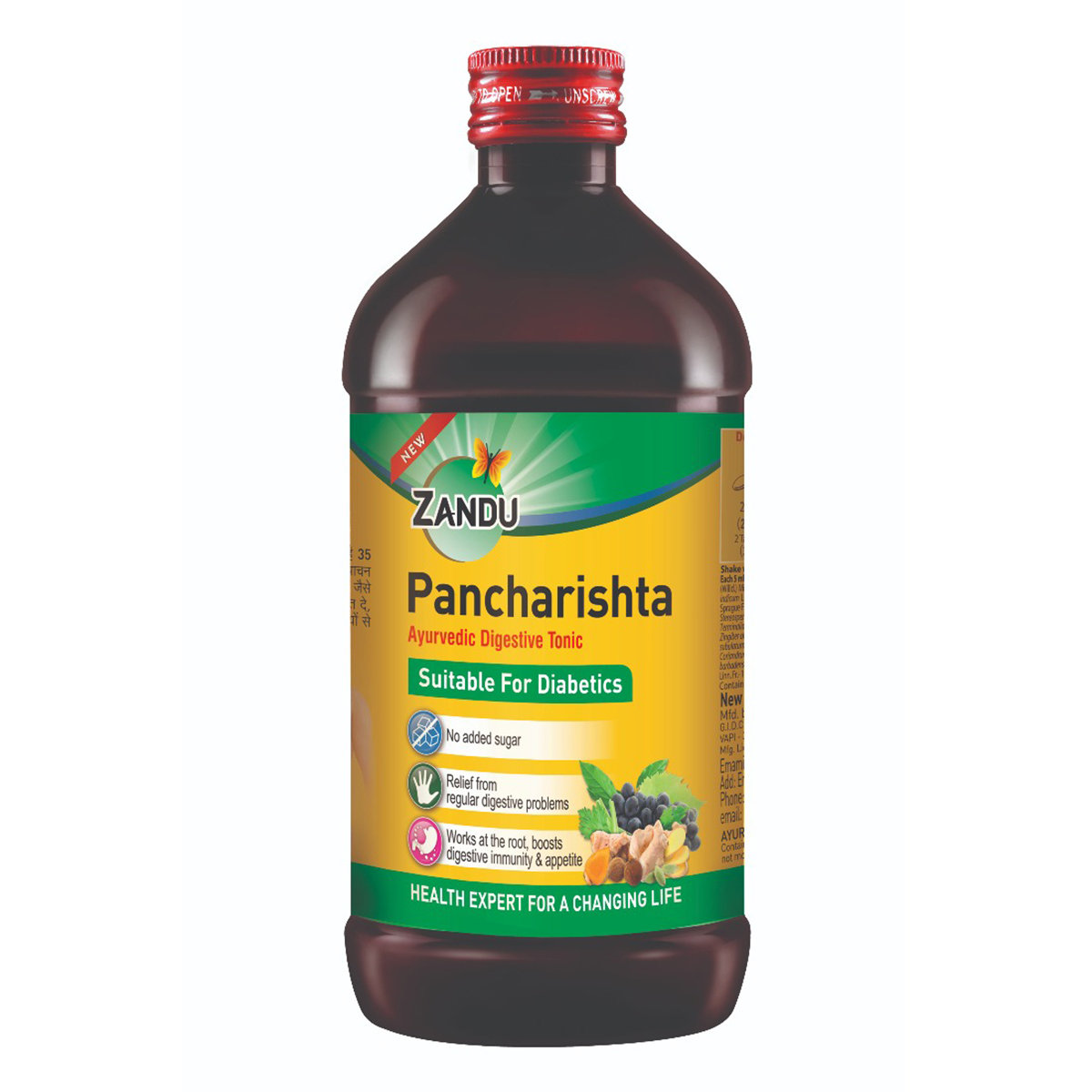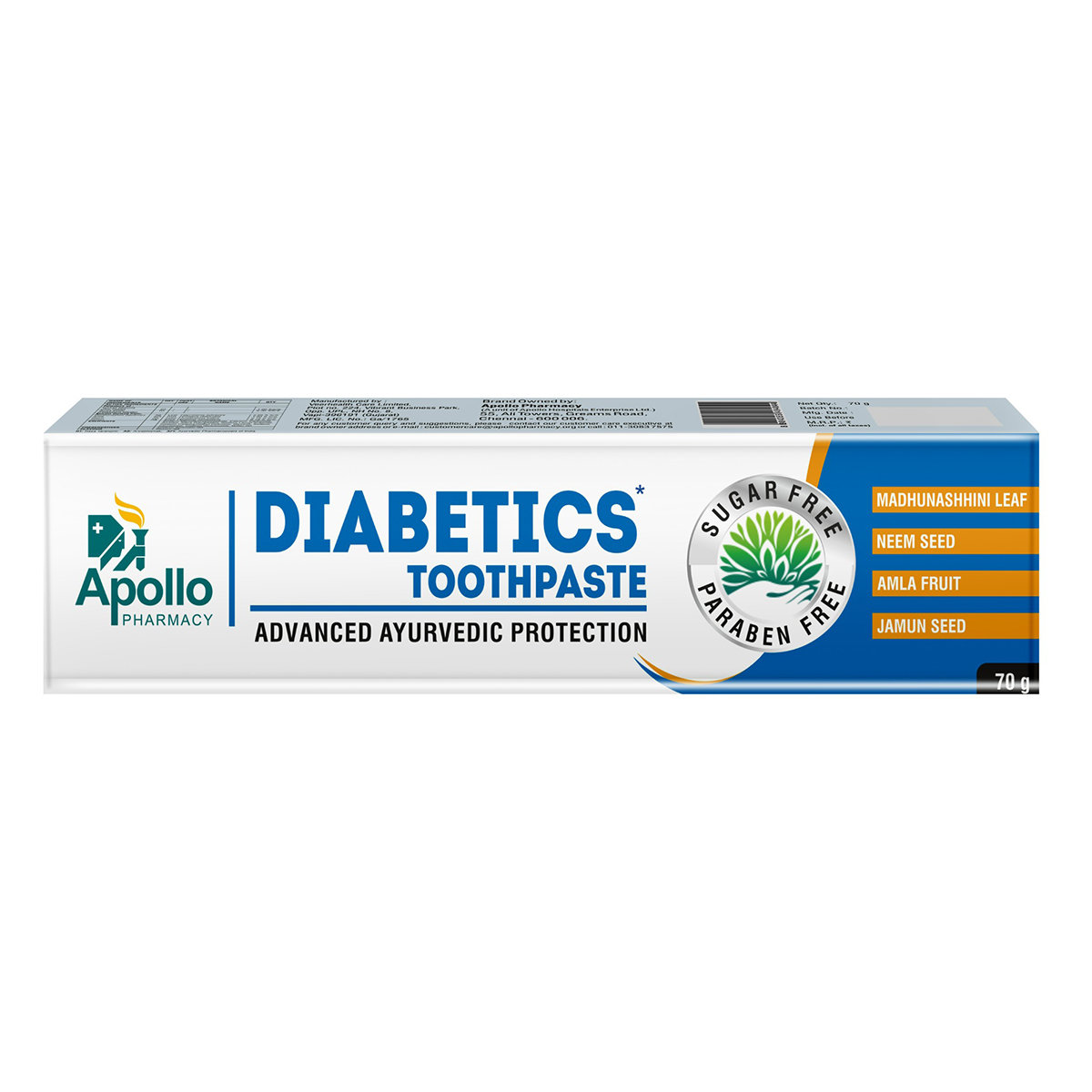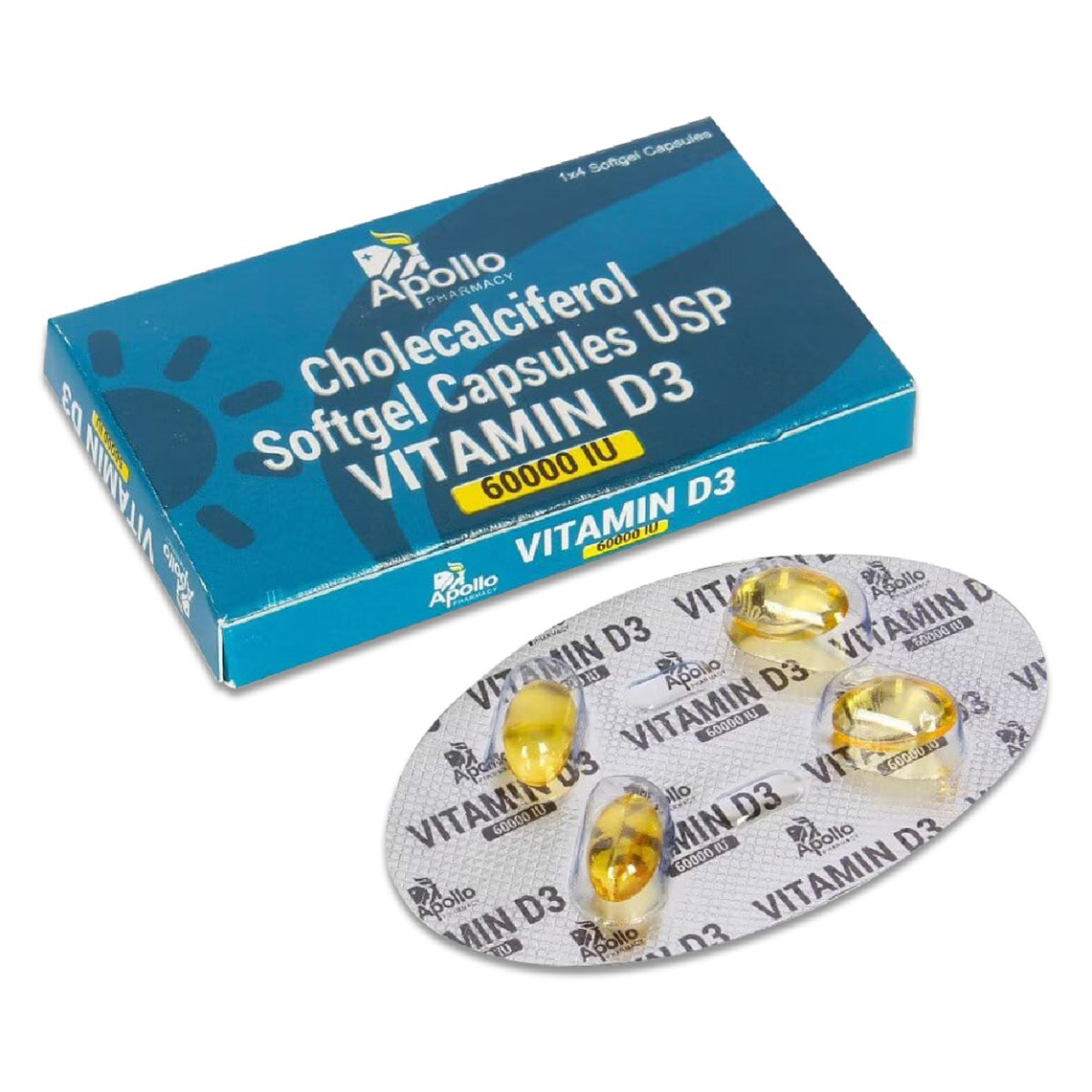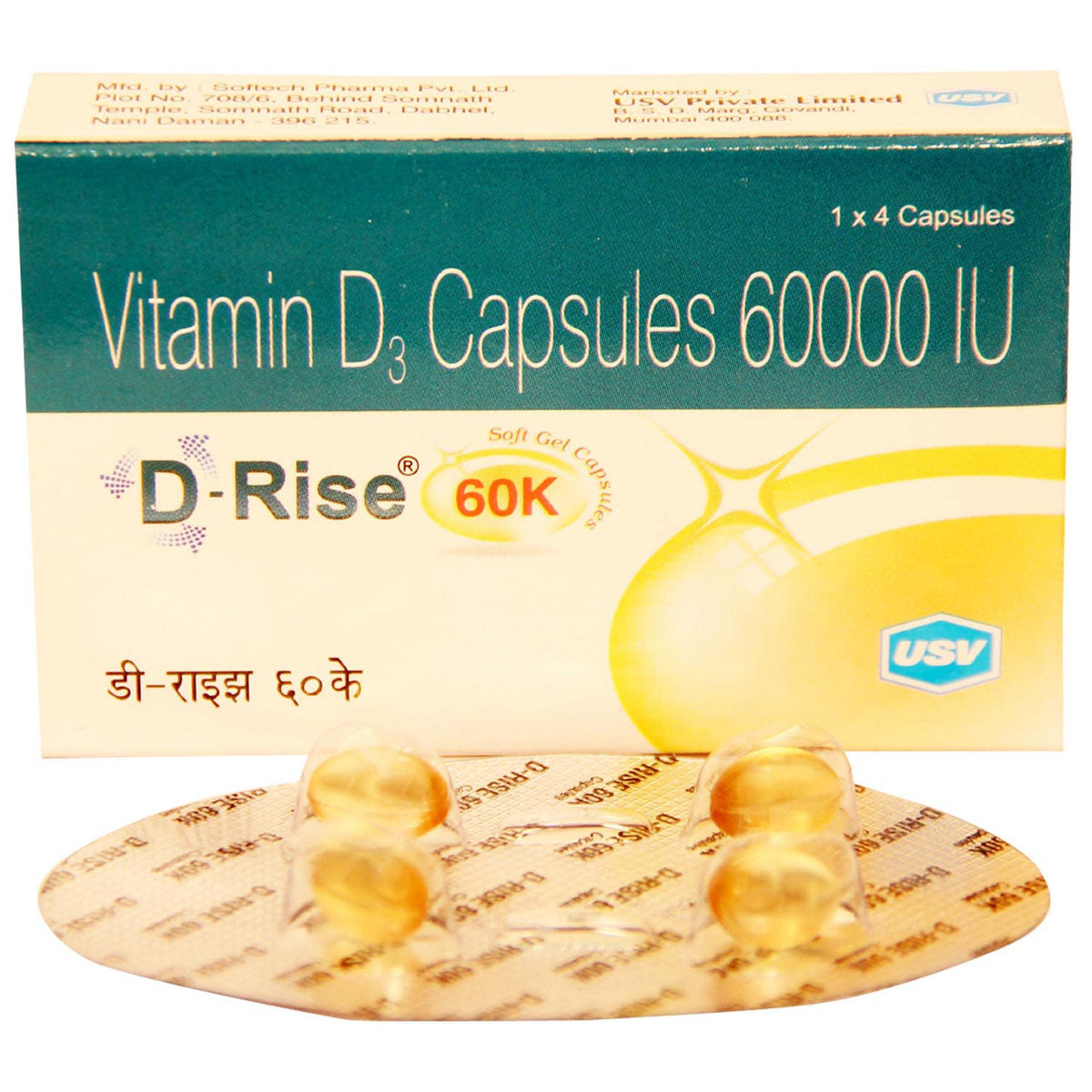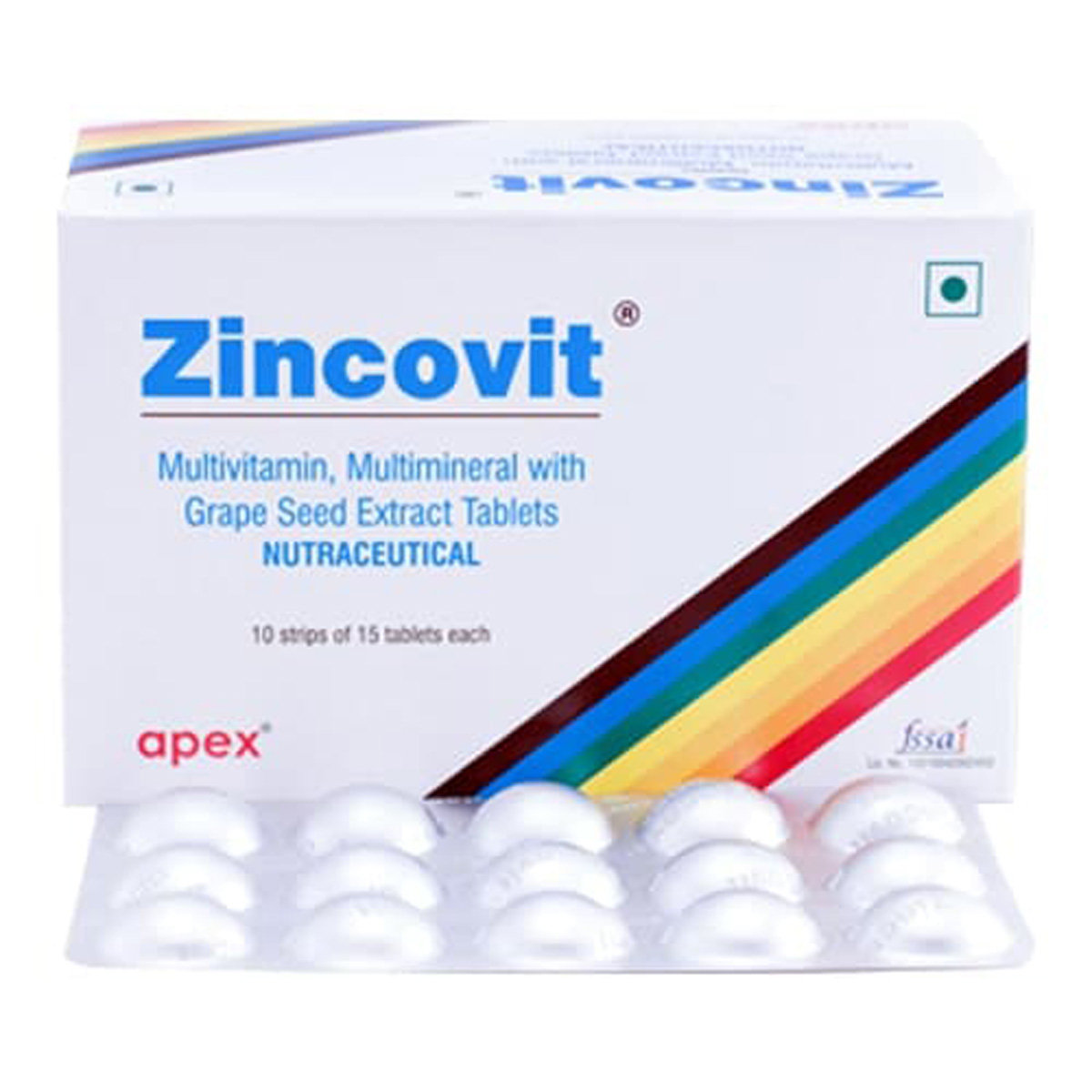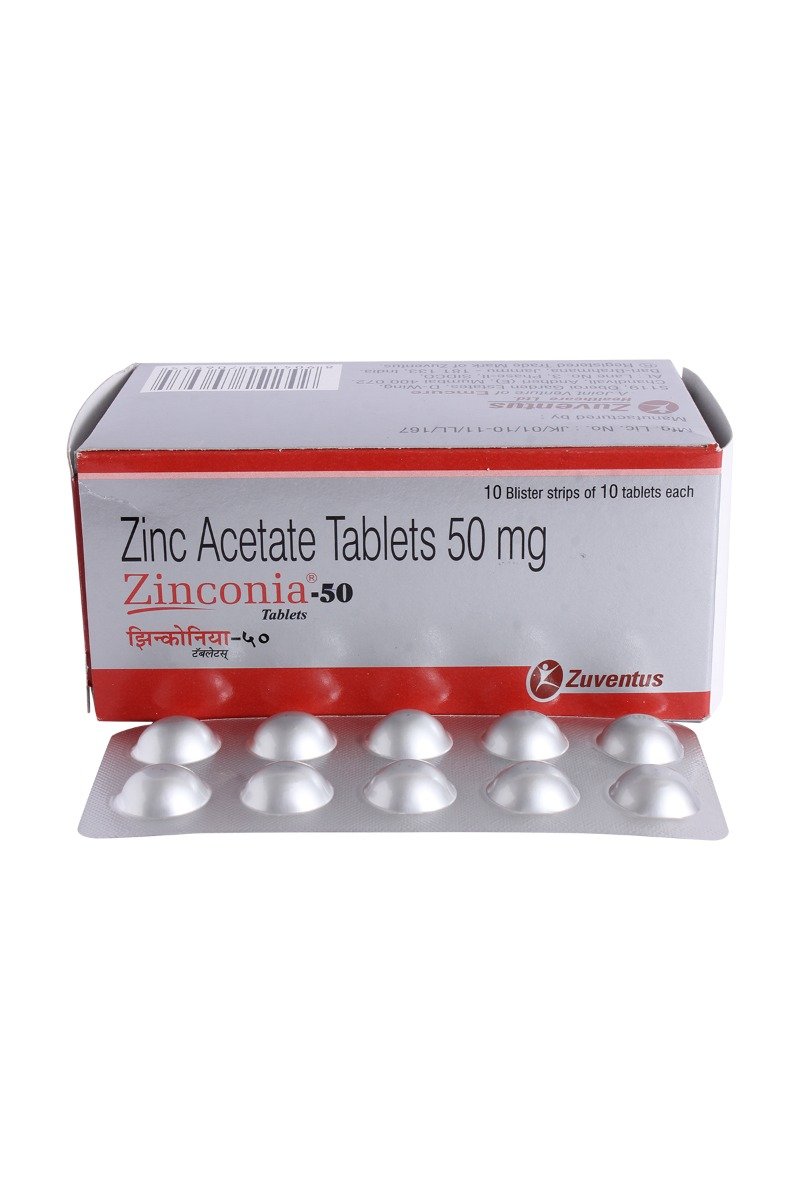Glifor Tablet

MRP ₹47.5
(Inclusive of all Taxes)
₹7.1 Cashback (15%)
know your delivery time
Provide Delivery Location
Composition :
Manufacturer/Marketer :
Consume Type :
Expires on or after :
Return Policy :

Secure Payment

Trusted by 8 Crore Indians

Genuine Products
Therapeutic Class
Country of origin
Manufacturer/Marketer address
Author Details
We provide you with authentic, trustworthy and relevant information
Disclaimer
Alcohol
Safe if prescribed
You are recommended to avoid consumption of alcohol with Glifor Tablet as it may increase the risk of lactic acidosis (accumulation of lactic acid in the body).
Pregnancy
Consult your doctor
Glifor Tablet may affect the fetus during pregnancy. Please consult your doctor before starting Glifor Tablet.
Breast Feeding
Consult your doctor
There is no sufficient data on how Glifor Tablet affects breastfeeding. It is safe to seek medical advice before you start Glifor Tablet if you are lactating.
Driving
Safe if prescribed
Your driving may be affected if your blood sugar levels are too high or too low. Do not drive or operate machinery if may experience dizziness or drowsiness.
Liver
Consult your doctor
Let your doctor know if you have any history of liver diseases or hepatic impairment when you are prescribed Glifor Tablet.
Kidney
Consult your doctor
Let your doctor know if you have any history of kidney diseases when you are prescribed Glifor Tablet.
Children
Safe if prescribed
Please seek advice from a doctor before giving Glifor Tablet to a child.
About Glifor Tablet
Glifor Tablet belongs to the class of anti-diabetic drugs. It is used in the treatment of type 2 diabetes mellitus. Diabetes mellitus is a metabolic disease that causes high blood sugar levels. It occurs when the insulin (a hormone produced by the beta cells of the pancreas) is resistant in breaking the glucose to produce energy (insulin resistance) or the pancreas (an organ behind the stomach) produces little or no insulin at all.
Glifor Tablet is composed of two medicines, namely Glipizide and Metformin. Glipizide belongs to the class of sulfonylureas. It promotes insulin secretion from the beta cells of the pancreas and reduces the glucose output from the liver. It has the fastest absorption and onset of action compared to other sulfonylureas. Metformin belongs to the class of biguanides and is used to manage blood sugar levels, particularly in obese patients. It exhibits a non-pancreatic effect to reduce serum glucose levels without increasing insulin secretion. It is also known as an insulin sensitizer as it increases the effects of insulin.
Take Glifor Tablet with food at regular intervals as prescribed by your doctor to avoid stomach upset. Your doctor will decide the dosage form, and this may change timely depending on your blood sugar levels. The common side effects of Glifor Tablet include hypoglycemia (low blood sugar levels), nausea, diarrhoea, indigestion, headache, dizziness, blurred vision, weakness, cold sweats, stomach pain, weight gain, and oedema (swelling). Although not everyone experiences these side effects, if they occur, seek medical attention. Lactic acidosis, is a rare, but serious metabolic complication of excess lactic acid in the blood that is caused by metformin accumulation is reported. The risk of lactic acidosis is high in people with kidney, liver, and heart diseases.
Before starting Glifor Tablet, let your doctor know if you have any medical history of anaemia (low haemoglobin levels), seizures (fits), heart, kidney, and liver diseases. Also, speak to your doctor if you are on restricted food or fluid intake since Glifor Tablet causes dehydration, low blood sugar, and kidney damage. Do not take or stop this medicine, if the doctor did not advise you to do so.
Uses of Glifor Tablet
Medicinal Benefits Mweb
Key Benefits
Glifor Tablet is used to treat type 2 diabetes mellitus. It is a combination of Glipizide and Metformin. Glipizide is effective in treating low blood sugar levels when used as an adjunct to diet and exercise. It promotes insulin secretion from the beta cells of the pancreas and reduces the glucose output from the liver. It also exhibits an extrapancreatic effect by improving insulin sensitivity at peripheral sites like muscle, fat, or liver cells. Metformin shows a non-pancreatic effect to reduce serum glucose levels without increasing insulin secretion. It is also known as an insulin sensitizer as it increases the effects of insulin. It is considered to be a unique anti-diabetic drug since it does not lower blood sugar levels.
Directions for Use
Side Effects of Glifor Tablet
Common side effects:
- Hypoglycemia (low blood sugar levels)
- Nausea
- Diarrhoea
- Indigestion
- Headache
- Blurred vision
- Dizziness
- Weakness
- Cold sweats
- Stomach pain
- Weight gain
- Oedema (swelling)
Rare side effects:
- Lactic acidosis
Drug Warnings
Glifor Tablet can cause weight gain hence possible measures like eating healthy food and exercising are advised. It may also increase the risk of cardiovascular diseases and hypoglycemic conditions in renal and liver disease patients. Glifor Tablet sometimes causes impairment of vitamin b12 absorption and results in anaemia (low haemoglobin levels). Glifor Tablet has an increased risk of lactic acidosis. The risk of lactic acidosis is high in older people with kidney, liver and heart diseases. Hence, brief your medical history and take advice from your doctor before starting Glifor Tablet. Avoid consuming excessive alcohol as it can potentiate lactic acidosis.
Drug-Drug Interactions Checker List
- ASPIRIN
- GLIPIZIDE
- SITAGLIPTIN
- INSULIN GLARGINE
- FUROSEMIDE
- METOPROLOL
- LEVOTHYROXINE SODIUM
Habit Forming
Special Advise
Regular blood tests are recommended while taking Glifor Tablet to monitor blood sugar levels.
Diet & Lifestyle Advise
- Maintain a fiber-rich diet and include healthy carbohydrates from fruits, vegetables and whole grains to maintain your blood glucose levels.
- Eat at regular intervals
- Keep a check on your weight and exercise regularly to keep your heart healthy.
- Your doctor also guides you on how to notice and manage the early symptoms of high/low blood sugar levels.
- Gastrointestinal side effects can be managed with simple modifications in your lifestyle. These include cutting down on sugars and fatty foods, and avoiding carbonated drinks and foods that cause gas.
Buy best Diabetics products by
Torrent Pharmaceuticals Ltd
Sun Pharmaceutical Industries Ltd
Eris Life Sciences Ltd
Intas Pharmaceuticals Ltd
Lupin Ltd
Micro Labs Ltd
Mankind Pharma Pvt Ltd
Lloyd Healthcare Pvt Ltd
Alkem Laboratories Ltd
Abbott India Ltd
Glenmark Pharmaceuticals Ltd
Cipla Ltd
Macleods Pharmaceuticals Ltd
Wockhardt Ltd
Dr Reddy's Laboratories Ltd
Primus Remedies Pvt Ltd
USV Pvt Ltd
Aristo Pharmaceuticals Pvt Ltd
Emcure Pharmaceuticals Ltd
Alembic Pharmaceuticals Ltd
Ipca Laboratories Ltd
La Renon Healthcare Pvt Ltd
Ajanta Pharma Ltd
Medley Pharmaceuticals Ltd
East West Pharma India Pvt Ltd
Elbrit Life Sciences Pvt Ltd
Corona Remedies Pvt Ltd
Hbc Life Sciences Pvt Ltd
Sinsan Pharmaceuticals Pvt Ltd
Ranmarc Labs
Mitoch Pharma Pvt Ltd
Zydus Healthcare Ltd
Sanofi India Ltd
Akumentis Healthcare Ltd
Fusion Health Care Pvt Ltd
Unison Pharmaceuticals Pvt Ltd
Jubilant Lifesciences Ltd
Novo Nordisk India Pvt Ltd
Tas Med India Pvt Ltd
Blue Cross Laboratories Pvt Ltd
Msn Laboratories Pvt Ltd
Eswar Therapeutics Pvt Ltd
Indoco Remedies Ltd
Q Check Pharmaceuticals
Alteus Biogenics Pvt Ltd
Anthem Bio Pharma
Franco Indian Pharmaceuticals Pvt Ltd
Systopic Laboratories Pvt Ltd
Panacea Biotec Ltd
Zydus Cadila
Biocon Ltd
Edoc Life Sciences Pvt Ltd
Koye Pharmaceuticals Pvt Ltd
Arkas Pharma Pvt Ltd
Diacardus Pharmacy Pvt Ltd
Elinor Pharmaceuticals (P) Ltd
Remedy Life Sciences Pvt Ltd
Saan Labs
Talent India Pvt Ltd
Jarun Pharmaceuticals Pvt Ltd
Capital Pharma
Shrrishti Health Care Products Pvt Ltd
FDC Ltd
Leeford Healthcare Ltd
Nirvana India Pvt Ltd
Elder Pharmaceuticals Ltd
Eli Lilly and Company (India) Pvt Ltd
Glynis Pharmaceuticals Pvt Ltd
Zuventus Healthcare Ltd
Arrient Healthcare Pvt Ltd
Cadomed Pharmaceuticals India Pvt Ltd
Orris Pharmaceuticals
Akesiss Pharma Pvt Ltd
Bal Pharma Ltd
Biochem Pharmaceutical Industries Ltd
Knoll Healthcare Pvt Ltd
Lippon Pharma Pvt Ltd
Morepen Laboratories Ltd
Neucure Lifesciences Pvt Ltd
Opsis Care Lifesciences Pvt Ltd
Wallace Pharmaceuticals Pvt Ltd
Acmedix Pharma Llp
Converge Biotech Pvt Ltd
Erinyle Pharma
Indiabulls Pharmaceuticals Pvt Ltd
Ozone Pharmaceuticals Ltd
Retra Life Science Pvt Ltd
Alvio Pharmaceuticals Pvt Ltd
Geneaid Pharmaceuticals
Heal (India) Laboratories Pvt Ltd
Olcare Laboratories Pvt Ltd
Vasu Organics Pvt Ltd
Kotak Life Sciences
Lakshya Life Sciences Pvt Ltd
Proqol Health Care Pvt Ltd
Sanz Pharmaceuticals
Daylon healthcare pvt Ltd
Mcronus Lifescience Pvt Ltd
Natco Pharma Ltd
Orsim Pharma
Frequently Bought Together



